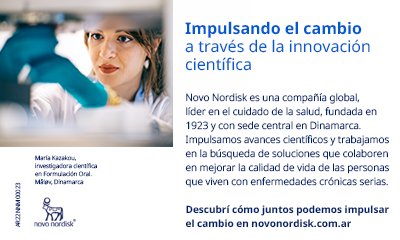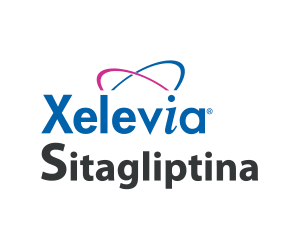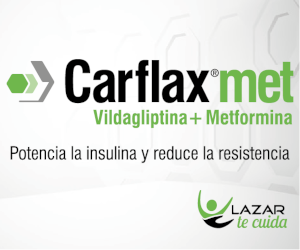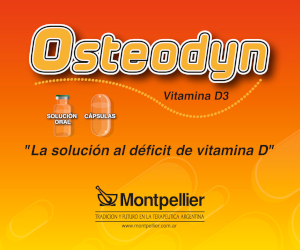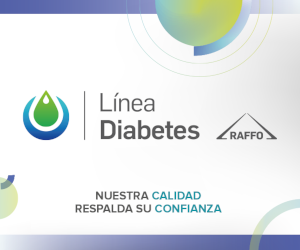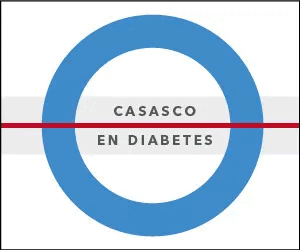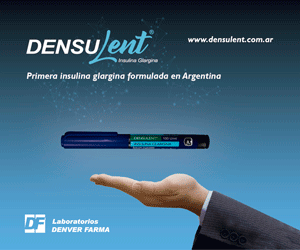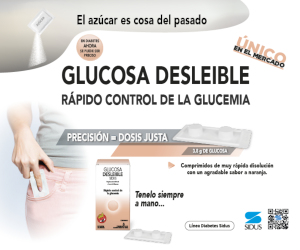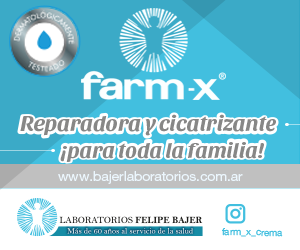Symposium 1: Monogenic diabetes
DOI:
https://doi.org/10.47196/diab.v54i3Sup.276Keywords:
diabetes, diagnosisAbstract
Symposium 1: When diabetes is not autoimune
Monogenic diabetes
A precise diagnosis of a diabetes subtype (DM) is extremely important. This is evident on the case of neonatal DM, a small DM subgroup which is diagnosed before 6 months of age. Diabetes caused by mutations on the inward rectifier potassium channels Kir6.2 is an extraordinary example of pharmacogenetics because switching to an insulin treatment by high-dose sulfonylureas improves not only glycemic control but also neurological diagnose.
The diagnosis of DM subtypes becomes more difficult for adolescents and young adults (20-40 years old). For this age group, the algorithm proposed by Florez, which takes into account the phenotype, C-peptide, the presence of autoantibodies and T1D's genetic risk score, is very useful and can diagnose the most frequent subtype of monogenetic DM: Maturity onset diabetes of the young (MODY). MODY is an heterogenous condition, from a genetic, metabolic and clinical perspective and its common and triggering factor is insulin hyposecretion.
References
-1- Pearson ER, et al. Switching from Insulin to Oral Sulfonylureas in Patients with Diabetes Due to Kir6.2 Mutations. N Engl J Med 2006; 355:467-477.
-2- Florez JC. Found in Translation: A Type 1 Diabetes Genetic Risk Score Applied to Clinical Diagnosis. Diabetes Care 2016; 39:330-332.
-3- Peixoto-Barbosa R, et al. Update on clinical screening of maturity-onset diabetes of the young (MODY). Diabetol Metab Syndr 12, 50 (2020). https://doi.org/10.1186/s13098-020-00557-9.
-4- GoodSmith MS, et al. The Impact of Biomarker Screening and Cascade Genetic Testing on the Cost-Effectiveness of MODY Genetic Testing. Diabetes Care 2019; 42(12):2247-2255. https://doi.org/10.2337/dc19-0486.
Downloads
Published
How to Cite
Issue
Section
License

This work is licensed under a Creative Commons Attribution-NonCommercial-NoDerivatives 4.0 International License.
Dirección Nacional de Derecho de Autor, Exp. N° 5.333.129. Instituto Nacional de la Propiedad Industrial, Marca «Revista de la Sociedad Argentina de Diabetes - Asociación Civil» N° de concesión 2.605.405 y N° de disposición 1.404/13.
La Revista de la SAD está licenciada bajo Licencia Creative Commons Atribución – No Comercial – Sin Obra Derivada 4.0 Internacional.
Por otra parte, la Revista SAD permite que los autores mantengan los derechos de autor sin restricciones.


